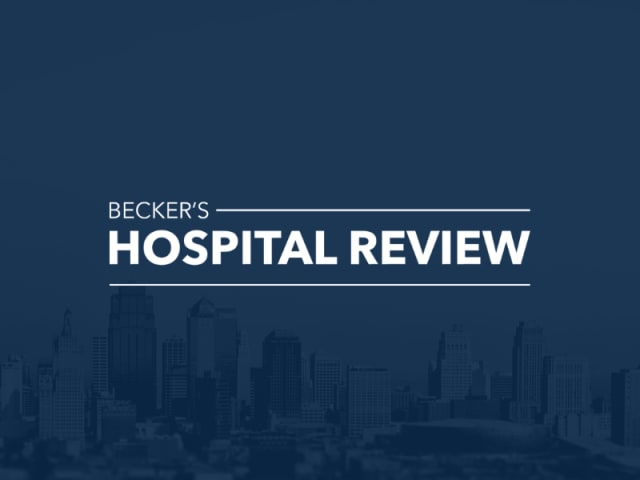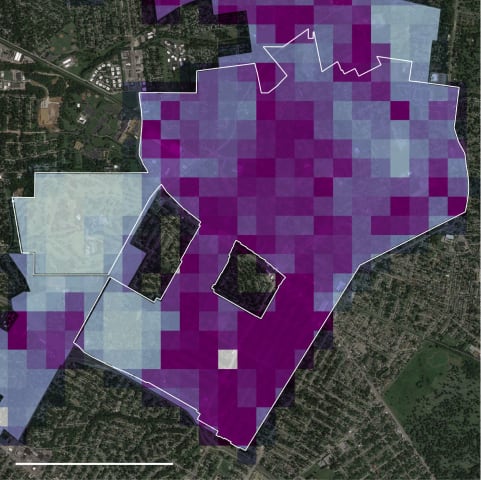Entities
View all entitiesCSETv1 Taxonomy Classifications
Taxonomy DetailsIncident Number
123
Risk Subdomain
7.3. Lack of capability or robustness
Risk Domain
- AI system safety, failures, and limitations
Entity
AI
Timing
Post-deployment
Intent
Unintentional
Incident Reports
Reports Timeline

Among roughly 38,500 hospitalizations, researchers said a proprietary sepsis prediction algorithm developed by Epic missed two-thirds of sepsis patients and generated numerous false alerts. While the EHR vendor attributed the weak performan…

Epic Systems, America’s largest electronic health records company, maintains medical information for 180 million U.S. patients (56% of the population). Using the slogan, “with the patient at the heart,” it has a portfolio of 20 proprietary …

Every year 1.7 million adults in the United States develop sepsis, a severe immune response to infection that kills about 270,000 people. Detecting the disease early can mean the difference between life and death.
One of the largest U.S. de…

Artificial intelligence (AI) and algorithmic decision-making systems — algorithms that analyze massive amounts of data and make predictions about the future — are increasingly affecting Americans’ daily lives. People are compelled to includ…

Epic has made changes to its sepsis prediction model in a bid to improve its accuracy and make its alerts more meaningful to clinicians.
An Epic spokesperson told Becker's in an emailed statement that it began the development of its new sep…
Variants
Similar Incidents
Did our AI mess up? Flag the unrelated incidents
Similar Incidents
Did our AI mess up? Flag the unrelated incidents







